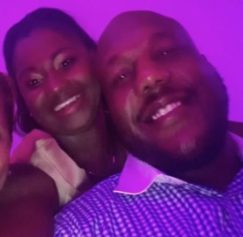Finally, Jerry Sandusky, the former Penn State assistant coach who was convicted of 45 counts of child sex abuse, will learn his prison fate on October 9 when a judge makes the announcement.
Sandusky was convicted in June of of sex abuse involving 10 boys. Prosecutors said some of the assaults took place on the Penn State campus.
Given his age and the serious nature of the crimes of which he was convicted, Sandusky is likely to receive a sentence that will keep the 68-year-old in prison for life. He is jailed pending sentencing and maintains his innocence, despite vast and emotional testimony against him.
Judge John Cleland scheduled a hearing for 9 a.m. at the courthouse in Bellefonte, Penn. to determine whether Sandusky should be classified as a sexually violent predator, a designation that subjects a convict to intense reporting requirements upon release. An assessment board has recommended Sandusky for the designation, though it’s expected to have little practical effect since he stands to die in prison.
Sandusky will be sentenced immediately afterward. Cleland ordered defense attorneys and prosecutors to submit written statements “intended to aid the court in the imposition of sentence” by Oct. 5.
The abuse scandal rocked Penn State, bringing down famed coach Joe Paterno and the university’s president and leading the NCAA to levy unprecedented sanctions against the football program.
Former FBI Director Louis Freeh, hired by school trustees to conduct an investigation into the university’s handling of abuse complaints against Sandusky, concluded that Paterno, ousted president Graham Spanier and two other high-level school officials concealed a 2001 allegation against Sandusky to protect Penn State from bad publicity.
The late coach’s family and Spanier hotly disputed Freeh’s conclusions. So did former athletic director Tim Curley and retired vice president Gary Schulz, who have been charged criminally with failure to report suspected child abuse and perjury. They have pleaded innocent and await trial.
Some alumni groups have also attacked the Freeh report and said Penn State and the NCAA should not have accepted its conclusions.


